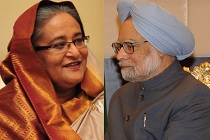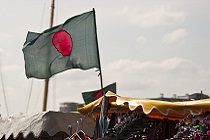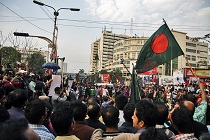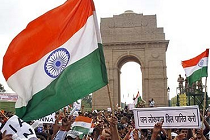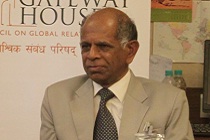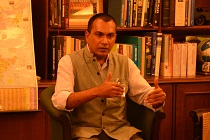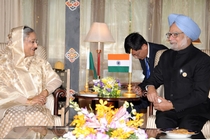Bangladesh elections: was India right?
The return of the Awami League to power has generated protests and violence in Bangladesh. India’s support to the January 5 election was aimed at keeping at bay anti-India forces in Bangladesh, but anti-India sentiment in the country is high and fresh elections may throw up a result that does not suit New Delhi

